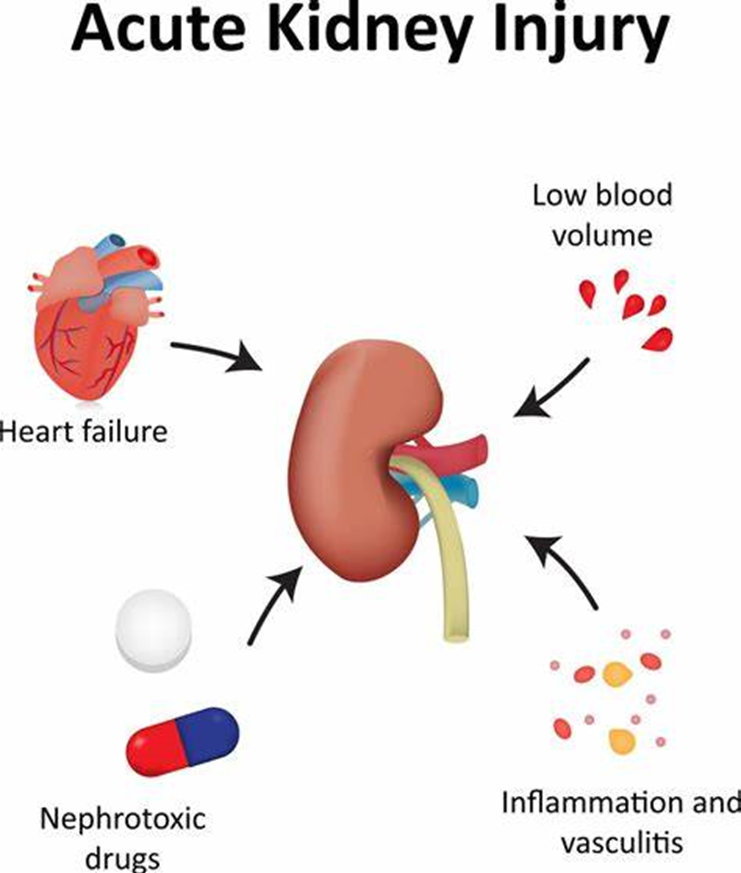A nurse is caring for a client who has meningitis and a temperature of 39.7°C (103.5°F). The client is prescribed a hypothermia blanket. While using this therapy, the nurse should know that the client must be carefully observed for which of the following complications?
Dehydration
Burns
Shivering
Seizures
The Correct Answer is C
Choice A reason: Dehydration is a concern with fever, but it is not a direct complication of hypothermia blanket therapy. It is important to ensure adequate hydration, but the primary concern with hypothermia therapy is not dehydration.
Choice B reason: Burns could occur if the hypothermia blanket malfunctions or is used improperly. However, modern devices have safety features to prevent burns, making this a less likely complication.
Choice C reason: Shivering is a natural response to cooling and can occur as the body attempts to generate heat in response to the lowered temperature from the hypothermia blanket. It can be counterproductive to the therapy and may need to be controlled with medications.
Choice D reason: Seizures are not a typical complication of hypothermia blanket therapy. While meningitis can cause seizures due to inflammation of the brain, the hypothermia blanket itself does not induce seizures.
Nursing Test Bank
Naxlex Comprehensive Predictor Exams
Related Questions
Correct Answer is C
Explanation
Choice A reason: Fatigue is a common symptom of ITP but is not the primary concern for monitoring, as it does not directly indicate the severity of the condition.
Choice B reason: While monitoring for side effects of immunosuppressants is important, it is not the priority concern. The primary issue in ITP is the low platelet count, which poses a risk of bleeding.
Choice C reason: Thrombocytopenia, or low platelet count, is the hallmark of ITP and the main concern for monitoring, as it increases the risk of bleeding and bruising.
Choice D reason: Infection is a risk due to the potential use of immunosuppressants in treatment; however, the immediate concern in ITP management is the platelet count and associated bleeding risk.
Correct Answer is C
Explanation
Choice A reason: Renal function is not typically reestablished during the oliguric phase of acute kidney injury; this phase is characterized by a significant reduction in urine output due to renal tubule damage.
Choice B reason: BUN and creatinine levels usually increase during the oliguric phase because the kidneys' ability to filter and excrete these waste products is compromised.
Choice C reason: The oliguric phase is defined by a urine output of less than 400 mL per 24 hours, which is a result of decreased kidney function and damage to the renal tubules.
Choice D reason: The GFR does not recover during the oliguric phase; instead, it is typically low due to reduced kidney function. Recovery of GFR occurs later in the recovery phase of acute kidney injury.

Whether you are a student looking to ace your exams or a practicing nurse seeking to enhance your expertise , our nursing education contents will empower you with the confidence and competence to make a difference in the lives of patients and become a respected leader in the healthcare field.
Visit Naxlex, invest in your future and unlock endless possibilities with our unparalleled nursing education contents today
Report Wrong Answer on the Current Question
Do you disagree with the answer? If yes, what is your expected answer? Explain.
Kindly be descriptive with the issue you are facing.
